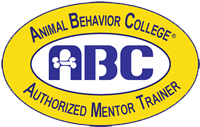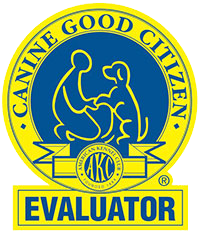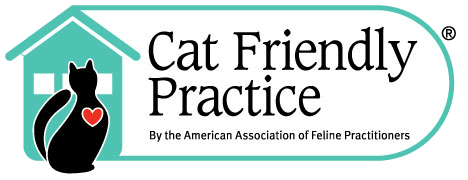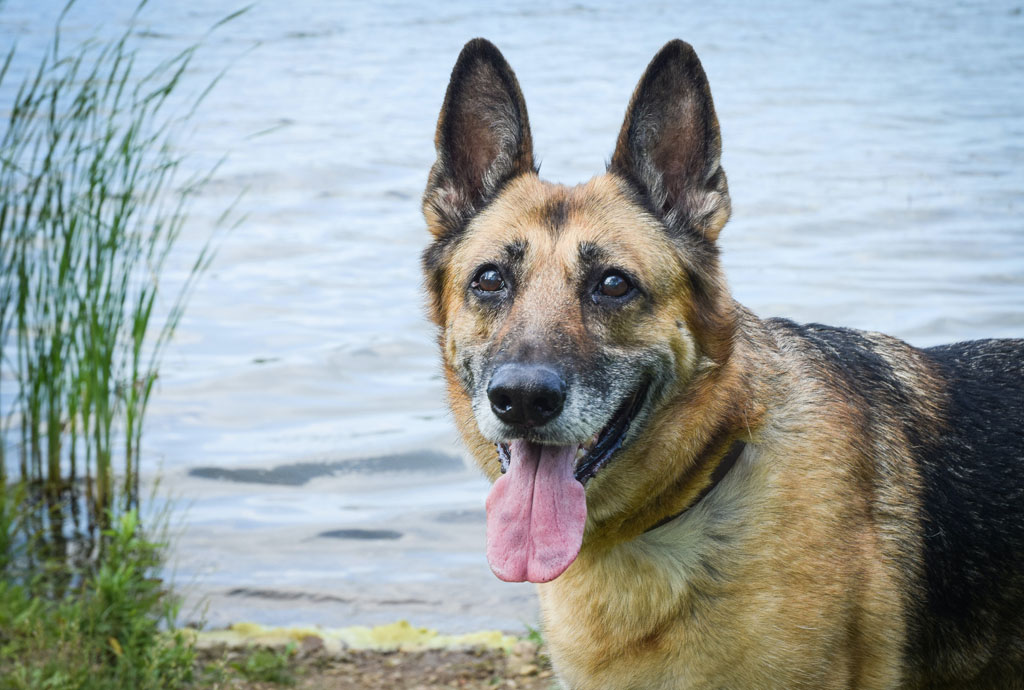
What is Canine Gastropexy
A canine gastropexy is a surgical procedure that involves tacking the outside of the stomach to the abdominal wall. Why would this ever need to be done? Bloat is a critical condition seen in dogs, particularly large, deep chested breeds. An excess of gas production in the stomach will inflate the stomach excessively. Bloat is extremely painful and often times the owner can see the distention of their dog’s body near the end of the rib cage.
A more serious complication is when the stomach rotates on its axis, strangulating the stomach, vessels and the spleen. This is known as gastro-dilatation with volvulus or GDV. Surgical management is the only way to save the pet. Mortality is high if left too long. Once the stomach is alleviated of the excess gas and returned to its normal position in the abdomen, a gastropexy is performed to prevent reoccurrence of a volvulus.
My own dog, Maddie, is a Labrador. I elected to have a gastropexy done at the same time she was spayed as a precaution. We are fortunate at our practice to have Dr. Garcia as a relief surgeon here each Wednesday. We schedule our more difficult surgeries, ones that would be sent to a specialist center in the area, with Dr. Garcia. These include, but are not limited to: orthopedic procedures such as knee and hip surgeries, foreign body removals, hernia repairs, anal gland removal, and gastropexy.
How to Reduce Bloat
Breeds that are highly prone to GDV are the Great Dane, Weimaraner, Irish Setter, German Shepherds, Labradors, Dobermans, Standard Poodles, and Boxers. Because all large breeds have some susceptibility, we have several recommendations to reduce the occurrence of bloat.
- Do not allow your dog to drink large volumes of water at one time.
- Do not exercise your dog immediately after they have eaten.
- Feed multiple small meals through the day rather than one big meal.
- Utilize a slow feeder for those dogs who like to gulp their food down quickly.
- Do not raise their food and water bowls off of the floor.
The production of grain free diets for large breed dogs has gone a long way to decreasing gas production, thereby reducing cases of bloat. Recent FDA findings have incriminated some grain free diets with contributing to a type of heart disease called DCM. FDA recommends checking your label of ingredients. The first five ingredients should NOT be potatoes (white or sweet), chick peas, peas, legumes, beans or lentils. High levels of these in grain free diets will decrease taurine levels in the food possibly triggering DCM.
Post-Surgery Results of Canine Gastropexy
To conclude, Maddie has a longer incision than a routine spay, but it will heal in the same amount of time. Her pain was well controlled overnight, and I woke up to a happy tail wagging Labrador. I am so pleased to have Dr. Garcia use his surgical skills to give my dog the best chance at a long and healthy life.
Please call our office if you have any questions about this procedure.
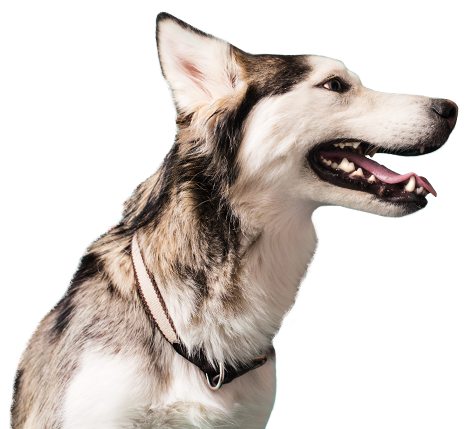
Contact Us
Regular check ups with a veterinarian are important for your pet's health. Contact us today to schedule your next appointment.


